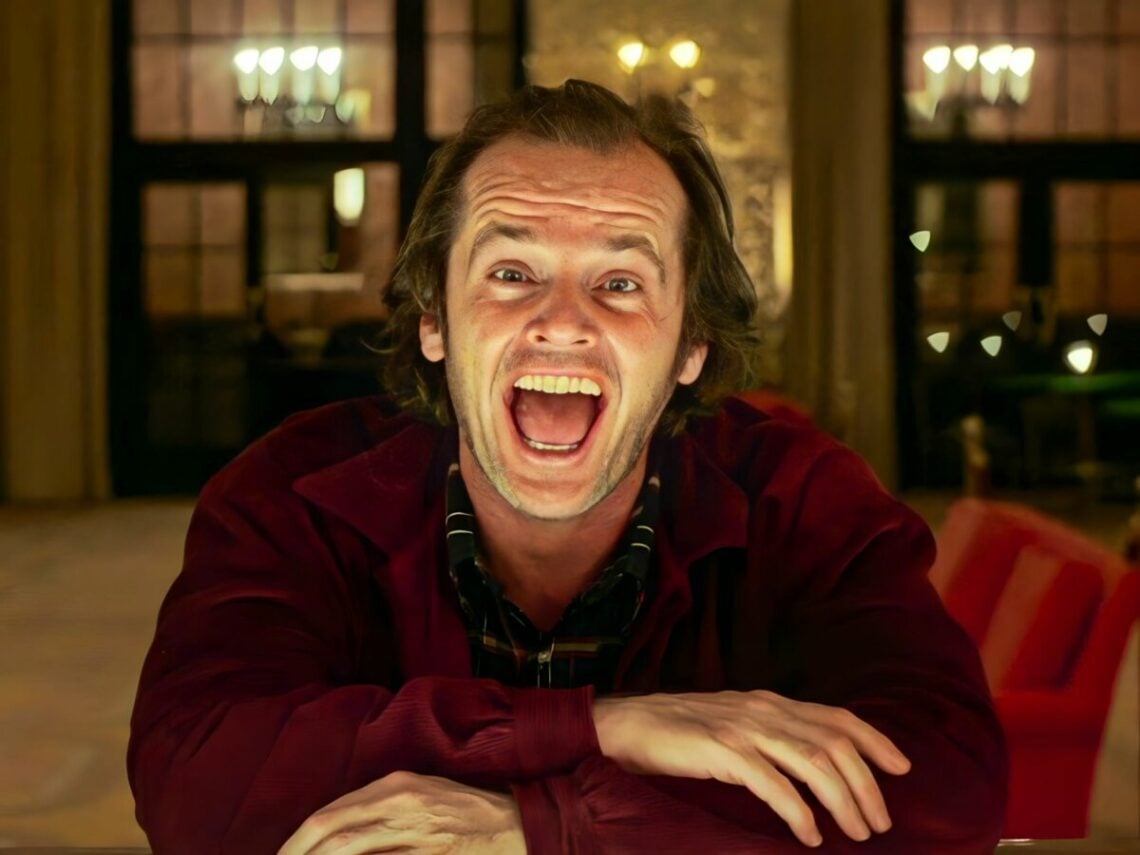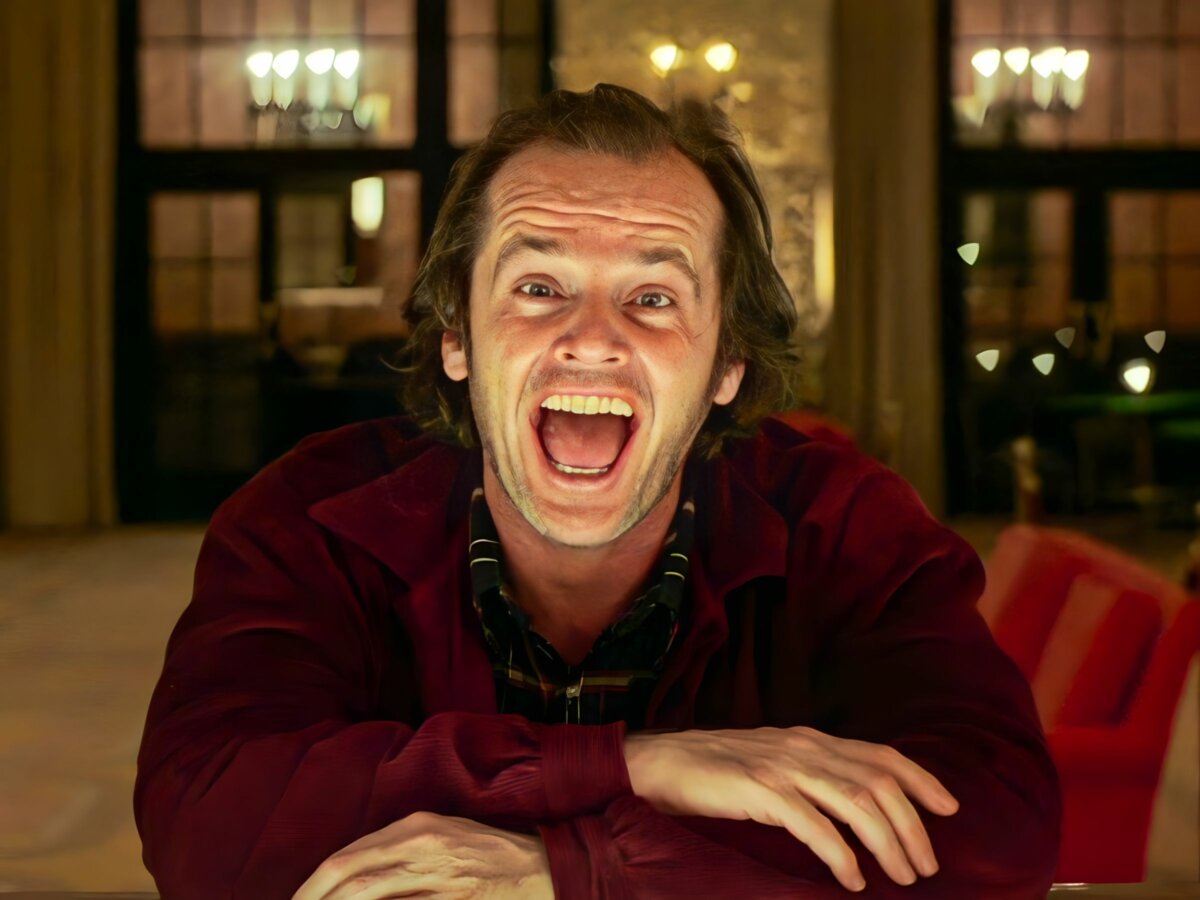
(Credit: Alamy)
Tue 19 August 2025 15:45, UK
There’s a certain strand of movie lovers who revel in conjuring up conspiracy theories. While it can definitely be entertaining to come up with potential interpretations of movies, do we really need to try and ruin the magic of Toy Story, for example, by suggesting that the toys don’t actually come alive?
It’s hard to pinpoint exactly why so many of us can’t help but get sucked into conspiracy theories, but there’s a strange thrill in believing that things might not be as they seem. Perhaps the ghost of another idea, lurking beneath the surface of what we initially believe to be true, affects us in the same way as watching a horror movie. The lingering potential and the uncertainty grabs us and pulls us in, tangling us up in a web of ‘what ifs’.
Few filmmakers attract as many conspiracy theories as Stanley Kubrick. In 2012, Rodney Ascher’s documentary Room 237 came out, diving into some of the wildest ideas surrounding Kubrick’s films — especially his horror classic, The Shining.
One key theory from the documentary is the classic ‘Kubrick faked the moon landing’ line, which you’ve surely heard whether you’ve seen Room 237 or not. I mean, with the whole space race coinciding nicely with the release of Kubrick’s 1968 film 2001: A Space Odyssey – which featured incredibly realistic depictions of space – it’s not hard to see why people have championed this theory. Could it actually be true? Probably not, but that doesn’t stop people from adamantly believing in the conspiracy, even drawing links between the theory and symbols in The Shining, like Danny’s Apollo 11 jumper.
Does The Shining really contain elements of Kubrick’s frustrations from having to work on such a massive and secretive project? Considering that it’s a story based on Stephen King’s novel of the same name, it seems that fans just want to find connections – humans are naturally pattern-seeking, after all.
Yet, there is one fan theory that Kubrick’s close collaborator (and brother-in-law) Jan Harlan believes to be the most offensive, claiming that the filmmaker would be disgusted by people’s claims that The Shining is actually about The Holocaust. Talking to Entertainment Weekly, Harlan explained, “After his death, these [theories] came out which were funny, and partly insulting. The most insulting one is the idea that The Shining is a film about the Holocaust.
“That’s outrageous. That’s an insult to Kubrick, that he would deal with the most serious crime in human history in such a light way, and also an insult to victims of the Holocaust. The other ideas are much more harmless, where continuity mistakes are attributed with deep meaning.”
Room 237 sees Professor Geoffrey Cocks propose his Holocaust theory, which points to minor symbols in the film, like a yellow car and the repeated use of the number 42 (1942 was the start of The Final Solution), which Cocks tied to the mass extermination of Jewish people during World War Two. It’s an incredibly far-fetched theory that relies on reading into certain symbols a little too far, so it’s no wonder that Harlan believes Kubrick would be gravely offended by people assuming The Shining was actually a metaphor about one of the greatest atrocities in human history.
Related Topics

